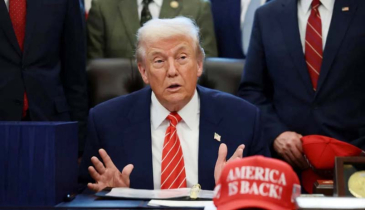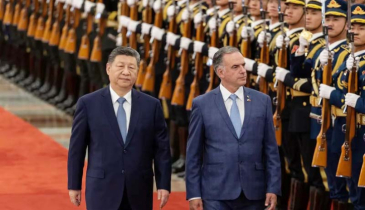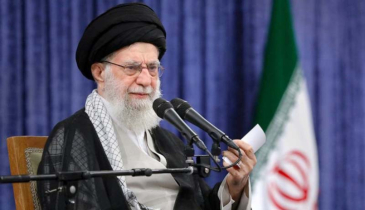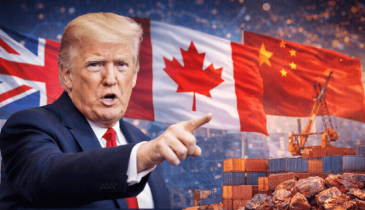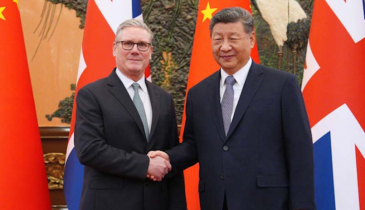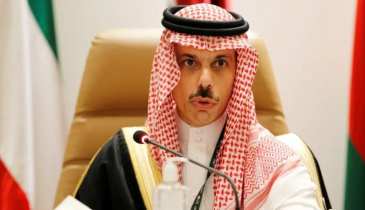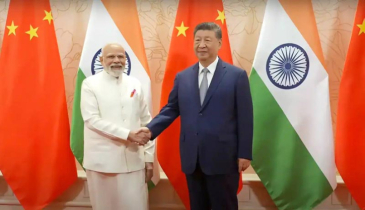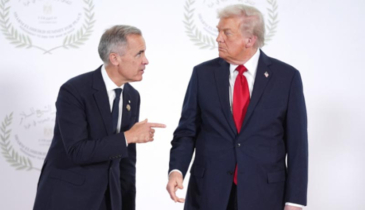Iran says it's no longer bound by UN restrictions on nuclear program
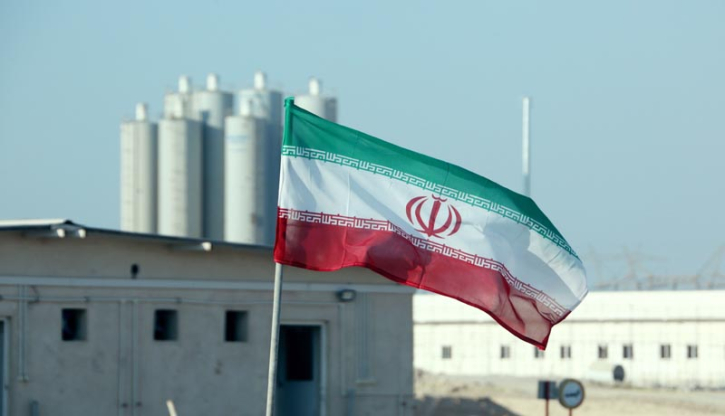
Iran announced on Saturday that it is no longer bound by any United Nations restrictions on its nuclear activities, declaring that the term of UN Security Council Resolution 2231—which endorsed the landmark 2015 nuclear deal (JCPOA)—has officially expired.
In a statement issued by Iran’s Foreign Ministry, Tehran said the resolution’s expiration marks a “legal and political turning point” for the country’s nuclear program. “In line with the predetermined timeline, the provisions and restrictions related to Iran’s peaceful nuclear activities have officially expired,” the statement said.
Adopted on July 20, 2015, Resolution 2231 endorsed the Joint Comprehensive Plan of Action (JCPOA) and outlined a 10-year framework allowing UN sanctions to be reimposed if Iran breached the deal’s terms. That period formally ended on October 18, 2025, effectively lifting the last layer of UN oversight on Iran’s nuclear and missile activities.
Iran Calls for Closure of Its Nuclear File at the UN
The statement urged the UN Security Council to remove Iran’s nuclear file from its agenda, insisting that the country “must now be treated like any other non-nuclear-weapon state” under the Nuclear Non-Proliferation Treaty (NPT). Iranian officials said that after years of external monitoring and restrictions, Tehran now retains “full sovereign rights” to develop and expand its nuclear technology for civilian purposes.
Foreign Ministry spokesperson Nasser Kanaani accused France, Germany, and the United Kingdom—known collectively as the E3—of “acting in bad faith” by continuing to impose unilateral sanctions even as their own obligations under the JCPOA remain unfulfilled. “These countries cannot claim adherence to international law while repeatedly undermining their commitments,” the statement said.
European ‘Snapback’ Move Reignites Tensions
The declaration comes less than two months after the E3 governments announced the activation of the “snapback mechanism” under the JCPOA, citing Iran’s non-compliance with nuclear enrichment limits. The mechanism would reimpose international sanctions originally lifted under the 2015 deal, even without new Security Council authorization.
Tehran dismissed the move as “politically motivated,” arguing that the US withdrawal from the JCPOA in 2018—under then-President Donald Trump—rendered the European effort “legally baseless.” Since Washington’s exit, Iran has gradually increased uranium enrichment levels and restricted access for International Atomic Energy Agency (IAEA) inspectors, while maintaining that all activities are for peaceful energy production.
Analysts Warn of New Diplomatic Standoff
Diplomatic observers say Iran’s announcement could further strain already tense relations with Western powers and heighten concerns in Israel, which has long warned against what it calls Tehran’s “nuclear brinkmanship.” The expiry of Resolution 2231 also removes the UN’s authority to restrict Iranian ballistic missile development, a key issue for regional security.
Experts note that without the resolution’s constraints, Iran now faces fewer diplomatic barriers to expanding its missile range or exporting arms and drone technology to allied groups across the Middle East—a move likely to draw sharp criticism from Washington and its European allies.
The United States, no longer a party to the JCPOA but still an influential voice at the Security Council, has yet to issue a formal response to Iran’s declaration. However, a State Department official told reporters earlier this week that Washington would continue to use “all available tools” to prevent Iran from obtaining a nuclear weapon.
Background: From Diplomacy to Confrontation
The JCPOA, signed in 2015 by Iran and six world powers—the US, UK, France, Russia, China, and Germany—was designed to limit Iran’s nuclear capabilities in exchange for sanctions relief. The deal began unraveling after the US withdrawal in 2018, which led to renewed sanctions and prompted Iran to ramp up its uranium enrichment.
Since then, multiple attempts by the European Union and Qatar to revive the agreement have failed, as mutual distrust and regional conflicts—particularly in Gaza, Lebanon, and the Red Sea—further complicated negotiations.
With the expiration of Resolution 2231, analysts say the international community may now enter a post-JCPOA era, where Iran’s nuclear program operates with far less formal oversight, increasing the risk of renewed confrontation or covert diplomacy in the months ahead.
.png)


